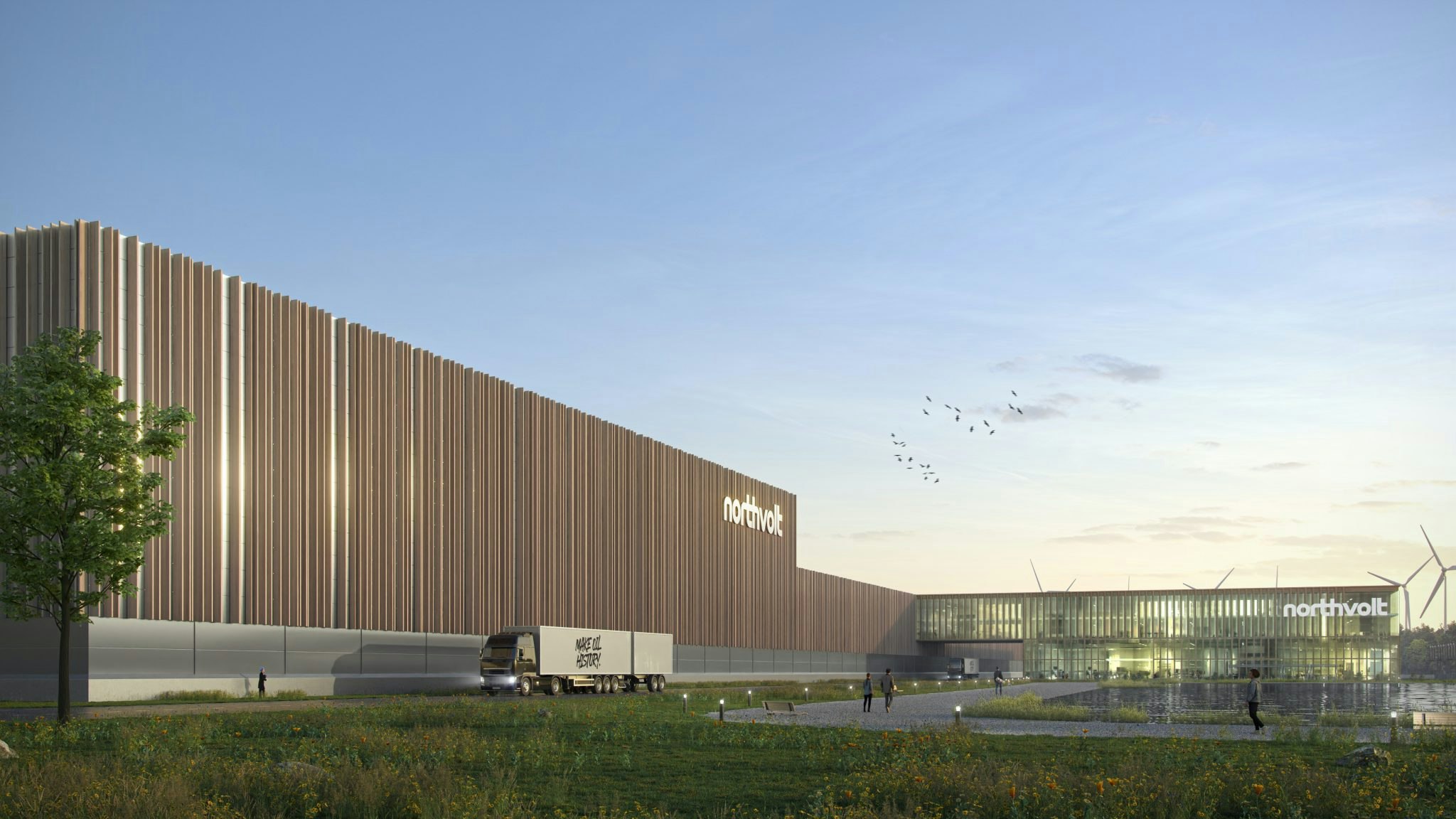The world’s food supply will be severely threatened if we don’t take action within the next 30 years, according to the UN. This means that we need sustainable food production and supply chain practices — and tech-enabled innovation — now more than ever.
“There’s no question that the world’s food supply is made and will continue to be made insecure by climate change,” says Namratha Kothapalli, a principal at VC Speedinvest with a focus on climate tech. She says it’s urgent that we learn how to adapt the food supply chain system at a global and local level, while simultaneously reducing greenhouse gas emissions coming from agriculture.
How can we actually change the status quo, and what could the future of grocery supply chains look like with sustainable practices and tech innovation? Here are the top issues to address — and the tech that could get us there.
Reducing emissions
Agriculture, forestry and land use continues to be one of the most polluting sectors for global greenhouse emissions. Because of this there’s massive pressure from consumers as well as regulatory bodies for food production and supply brands to become more sustainable.
“There's a lot of knowledge out there at the consumer level — and particularly the younger generations are very conscious of the impact that the choices that they make have, and there's much more knowledge generally about where food comes from, which can be seen by the popularity of Netflix documentaries on the topic,” says David O’Meara, head of distribution at Greenman, a market-leading grocery retail-focused real estate investment fund manager with a focus on sustainability and innovation.
There's a lot of knowledge out there at the consumer level
He says that with this rise in conscious consumer choices and new regulations such as the Sustainable Finance Disclosure Regulations (SFDR) and the EU Taxonomy (the EU's attempt to harmonise ESG disclosure standards across the continent) coming into force, a lot of Greenman’s clients are increasingly looking for sustainable investment opportunities — noting an increasing emphasis being placed on the importance of future-proofing the real estate occupied by retailers.
As well as improvements such as installing solar panels on infrastructure involved in the grocery supply chain, tech and the startups pioneering it could be key in shifting to regenerative agricultural practices (a conservation and rehabilitation approach to agriculture).
“Companies like Agreena, Rize Ag and Climate Farmers are empowering farmers to transition to regenerative agricultural practices,” says Kothapalli. Agreena is a Danish startup and regenerative carbon market, Rize Ag is a French startup which generates carbon credits and Climate Farmers is a German startup which supports regenerative agriculture.
She adds that there are also other companies, such as Swedish sustainability platform Improvin and UK-based carbon calculator Carbon Cloud, that are helping compute emissions and environmental impact on a product basis so consumers and business stakeholders can make better procurement and purchasing decisions.
Farming and labour shortages
Another issue in the food industry is farming and labour shortages.
“Europe’s agricultural workforce is expected to fall significantly as the average age of farmers in most developed countries is in the 60s and there are better employment opportunities in other sectors for young people,” says Kothapalli.
To overcome labour shortages, Kothapalli says that automation and robotics are hugely helpful. “Autonomous farming and robotics solutions that are helping farmers to weed, hoe, harvest, pest control and automate and streamline repetitive and monotonous processes.”
Reducing waste
Inventory management is another problem. According to the UN, food waste amounts to nearly a fifth of global food production, and household food waste is the largest contributor.
“While the global food supply chain seems like a finely tuned machine, barring incidents like the Covid pandemic or the Russia-Ukraine war, reality looks a lot more complex and far more wasteful and inefficient with overstocks or understocks in the value chain leading to a lot of food waste of perishable stock,” says Kothapalli.
Growing the produce right beside the point of sale — that's a little glimpse into the future
“Forecasting stocks is a very hard problem, done on multiple levels — from national to small regional to store level with assumptions based on different warehouses and their availability,” she continues. “Not to mention consumer interests that might change rather quickly. It is extremely hard to figure out where exactly this system breaks and how to work around the perishability of goods.”
However, she acknowledges the efforts of companies such as software company Relex Solutions and AI company Freshflow, which are working towards creating solutions for these complex challenges.
O’Meara says that technologies that reduce waste also hold huge potential in transforming and making the food industry more sustainable, at every level of the supply chain.
Monitoring tech that helps keep food fresher for longer by anticipating how different environmental conditions could affect different foods, apps that allow users to buy nearing their expiration date at lower prices and compact composters that can be used in a variety of settings are all examples of tech that can help reduce food waste.
O’Meara says that the significance of Controlled Environment Agriculture (CEA), commonly referred to as vertical farming, is also growing. “Growing the produce right beside the point of sale — that's a little glimpse into the future. There's going to be increasing emphasis on where the food is coming from and how far that food has to travel to get there.”
Sustainable packaging is another key area where massive impact can be made. O’Meara says that producers, distributors and retailers of foods are very conscious of how they package. With sustainable packaging in vogue, food retail brands are feeling the pressure, especially with EU regulations pushing for more sustainable packaging from companies.
Finding a path forward
For O’Meara, the biggest challenge looks like the cost involved in tech transformation, especially for small businesses.
The best innovations often come from new businesses that are nimble and creative
“It’s about making the right budgetary decisions when things change so quickly in relation to technology. So how do you budget for that? How do you forecast what's required? How do you know the technology won't become obsolete relatively quickly? Things change quickly. Where to put your chips on the table is a big challenge.”
He says that while it's important for the leaders of the industry like the Greenman Group to pave the way as “they're the ones who have the innovation teams and departments and the expertise to find a way forward, the best innovations often come from new businesses that are nimble and creative”.
Rooted in the grocery real estate sector, The Greenman Group owns grocery real estate worth about €1.35bn across France, Germany and Poland. Its strategic focus has shifted towards sustainable practices and innovation over the past few years, investing in technologies such as a large-scale vertical farm, a renewable energy utility and pilot projects in carbon capture and augmented reality.
“From a political or regulatory point of view, the EU is very much focusing on the larger operators and investments and following the flow of money, which eventually, will trickle down to citizens and smaller business owners. So it's up to the larger-scale operators to take a lead on that, but also supporting new market entrants that are trying to make a positive impact.”
The Greenman Group’s Growing Further Awards are now open. Through its newly launched awards, it wants to identify, recognise and reward businesses whose goal it is to positively impact any point of the grocery retail supply chain — with the chance to share a total cash prize fund of €100k and gain exposure to its extensive network. Apply by 1st October.





